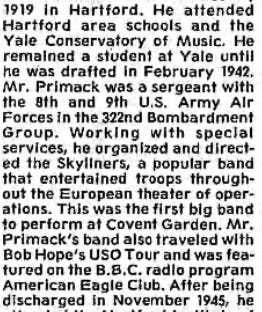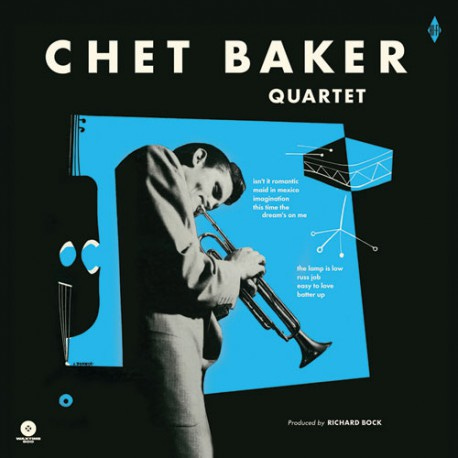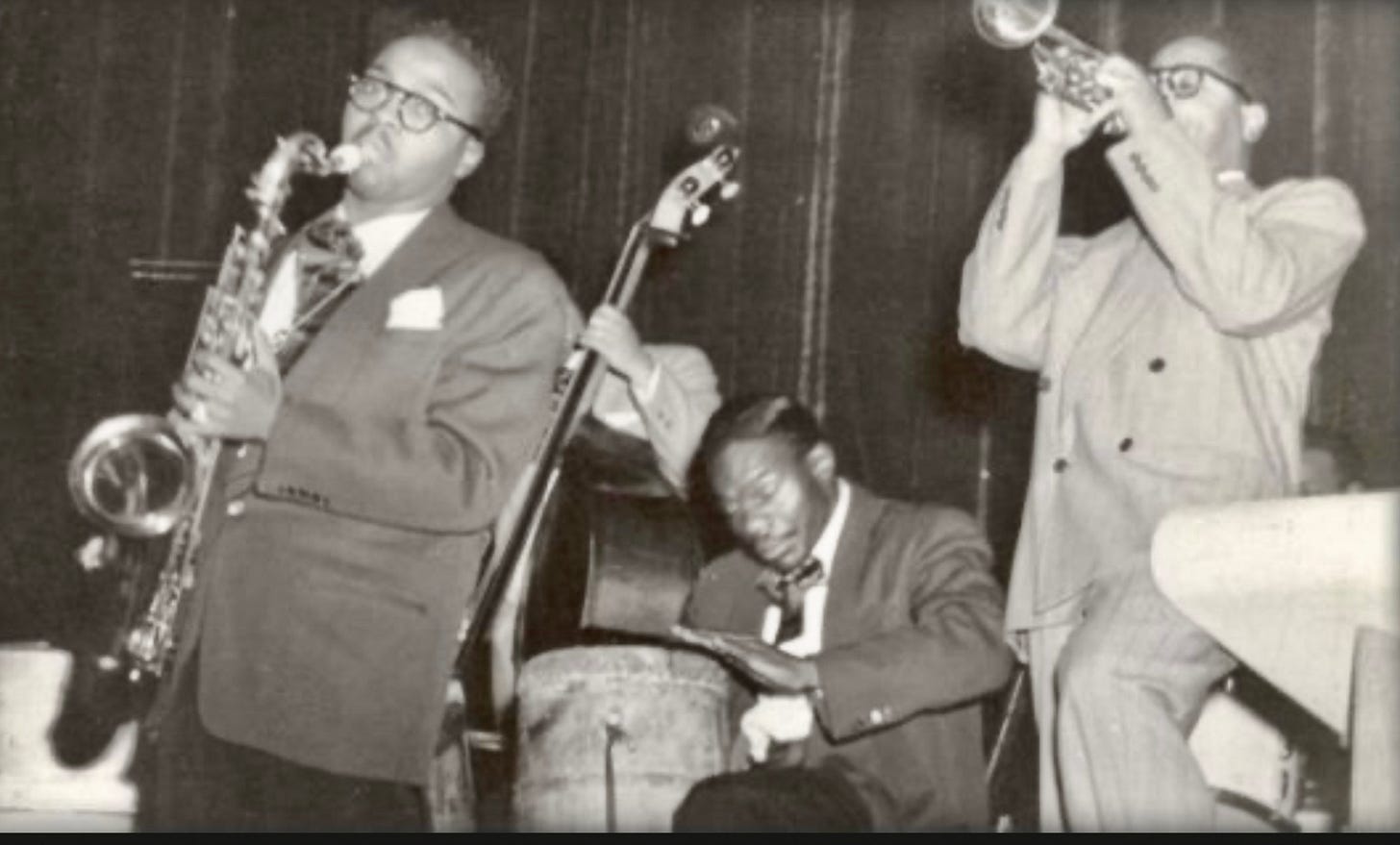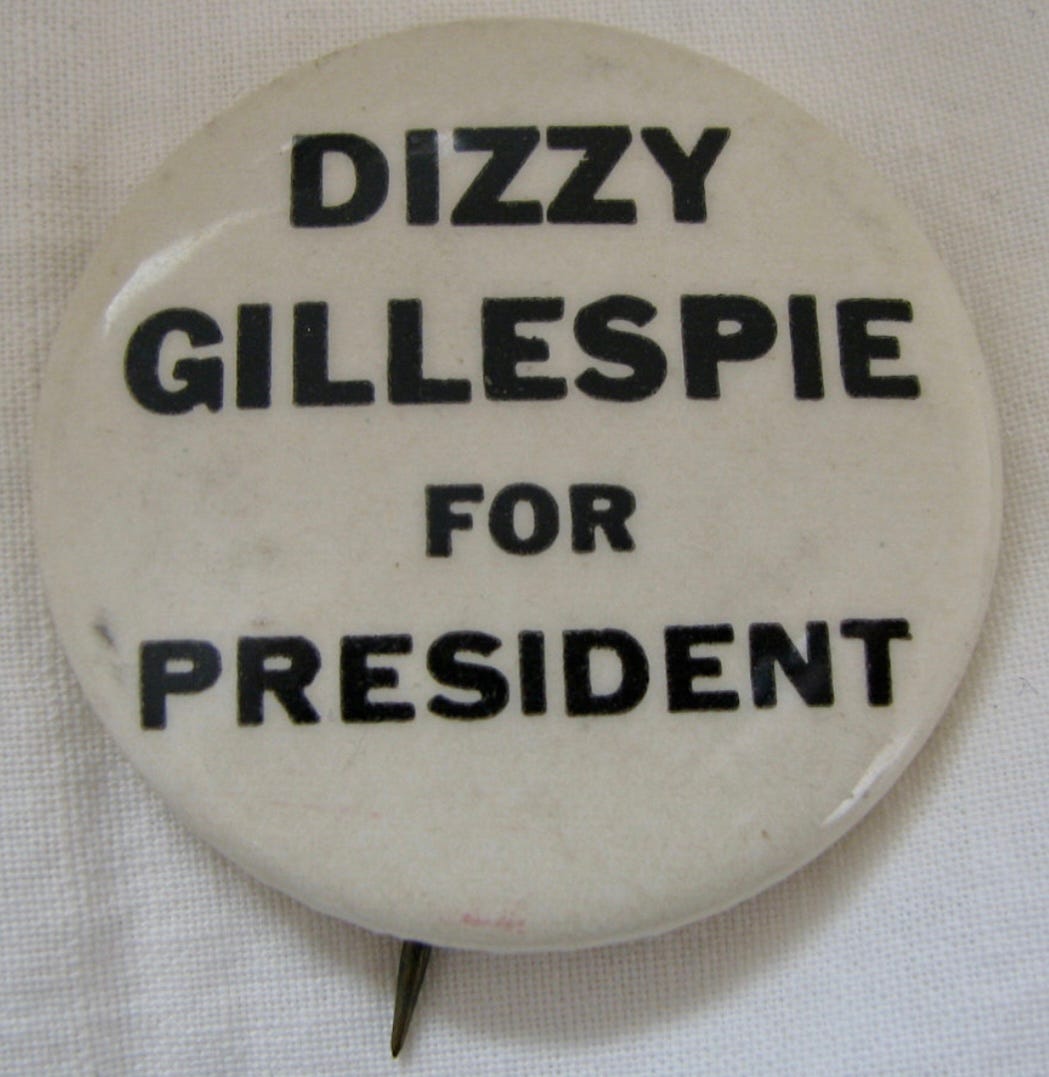Musical Background: The Crusaders - Soul Shadows (Sample)
Three years after my network TV debut on the Howdy Doody Show, I appeared on the Ranger Andy Show on WTIC-TV in Hartford. Andy was a beloved children's host known for his kindness, love of nature, and commitment to education.
The show aired on weekdays after school with a featured segment highlighting children and their hobbies. My mother, who appeared to be my agent once again, managed to secure a spot for me to display my stamp collection. Appearing on camera didn't faze me, in fact I relished the moment. At the age of nine, I wasn't contemplating a career in showbiz, I was just doing what seemed quite natural.
In my ambitious Jewish community, the most esteemed careers were doctors and lawyers, promising financial stability and social recognition. In the late 1950s, just a decade after World War II and during the aftermath of the Great Depression, these careers provided stability and the chance to excel in one's chosen field. For many families, only a generation removed from their ancestral homelands, these professions paved the way to achieving the American dream.
My parents pushed me towards a traditional career. They insisted, not so subtly, that I avoid the music business. My father, Frank K. Primack, was a talented pianist who led a big band overseas during the war. His popularity in England was such that a small town decided to name a street in his honor. He was born in
After the war, a number of Hartford musicians relocated to LA and became successful studio players, but not my dad. He hated the music business. Admittedly, he lacked self-confidence. But I believe he had the musical chops to do it. He just didn’t believe in himself.
My connection to music has always been incredibly strong. However, my father's disapproval of the music industry led him to discourage me from pursuing such a career. In fourth grade, when I picked up the trumpet, he offered little encouragement. Had I dedicated more time to practice, I would have developed the discipline and skills required to become a professional trumpeter.
On Saturday afternoons, I would accompany my dad to the club, where he handled audio issues and occasionally rehearsed. I found his musical collaborators to be quite cool, and unlike my Dad genuinely passionate about their music. I also took trumpet lessons every Saturday morning with Joseph Talone, a trumpeter with the Hartford Symphony, at Parisi's music store. The store attracted young musicians who hung out before and after their lessons.
One of the musicians in this group was Don DePalma, a pianist who later embarked on a professional music career and happened to be a couple of years older than me. Don enthusiastically recommended that I explore a book of Chet Baker's trumpet solos. My teacher, Mr. Talone kindly gifted me that book and I started working on those solos and playing along with the original recordings.
Then, another life changing event. In 1963, when I was fourteen, my trumpet teacher took me to the Hofbrau House, a downtown Hartford club, one Sunday afternoon to witness the magic of Dizzy Gillespie in a live performance. At that time, I had been immersing myself in Dizzy's Big Band Live at the 1957 Newport Jazz Festival on Verve Records, so seeing him perform live and having the opportunity to meet him in person was a truly exhilarating. At the time, Dizzy's quintet included one of the finest saxophonists on the planet ever, James Moody, a versatile and innovative musician with a warm and engaging stage presence.
In the late 1940s, Mr. Moody joined Dizzy Gillespie's big band, one of the leading ensembles of the bebop era. This association would lead to a long-lasting professional relationship and friendship with Gillespie and that friendship informed their deep musical connection.
The first jazz ensemble I ever saw live was Dizzy's Quintet. The music was both joyful and profound and the authentic bond among the musicians deepened my connection to the experience. Moody and Dizzy were exceptional, powerhouse musicians and captivating individuals who navigated significant challenges while maintaining their humanity. Being in their presence was always a joy; their music touched my soul, and their humor was infectious.
In 1963, Dizzy announced he was going to run for President in 1964. There was an ad in Down Beat magazine for a Dizzy Gillespie button. I got one and wore it to school every day after that.
In my mid-teens, I could never have foreseen that the performance at the Hofbrau would spark a lifelong connection with these artists and their music. Now, thinking of a life without Jazz is unimaginable. Getting to know so many exceptional talents and one-of-a-kind personalities has been an unparalleled gift.
I had the privilege of watching Duke perform live right after witnessing Dizzy and his band. It felt like serendipity, being at the right spot at the perfect moment. My introduction to the essence of jazz came from a recording of the Nutcracker Suite by Duke Ellington. I was already familiar with the Nutcracker from numerous holiday concerts. However, when I heard it played on one of the first records my parents bought for their brand-new high-fi, it felt revolutionary. The interpretation was refreshing and eye-opening. I replayed that album countless times, captivated by the distinct notes from each soloist and the collective harmony. The arrangements showcased a magical collaboration that was so distinct that even a young child could appreciate its brilliance.
When I experienced Duke's performance in '64, three aspects left a lasting impression. Firstly, Cat Anderson's extraordinary trumpet range soared to the stratosphere. As an aspiring trumpeter who admired Maynard Ferguson's high-pitched prowess, Cat's tonality was distinct. Then, Johnny Hodges. His tone exuded smoothness and emotion. His melodious and heartfelt technique, masterfully bending and shaping notes, was such a stark contrast to Bird, my then-favorite alto saxophonist. Finally, there was Duke, who made a fashionably late entrance by forty minutes. After all, there was no GPS back in 1964. To me, Duke epitomized coolness. He exuded elegance, eloquence, and warmth, both in his demeanor, and with his orchestra.
Soon after that experience, I had the privilege of hearing Count Basie. It's no surprise that these musical encounters shaped the person I've become. I consider myself fortunate, as the music continues to resonate with me in the same profound way. When I'm in high spirits, it elevates me even more. And during low moments, it uplifts me. Truly, music is the universe's therapeutic energy.
Whenever the opportunity arose, I sought to engage with the musicians. After a concert by Stan Getz, I ventured backstage at the Bushnell Auditorium after the concert to meet him. His recording of "Desafinado" had ignited a lasting passion in me for Brazilian music. That evening, as a daring fourteen-year-old, I ventured into places most kids my age wouldn't dream of. Directed by stagehands, I approached his dressing room. After knocking and receiving no response, I cautiously opened the door to find Mr. Getz in a rather informal state, clad in his underwear with a bottle of some liquor beside him. Sensing the situation, I quickly closed the door. Fast forward fifteen years, while I was contributing to Down Beat, I attended a Columbia Records gathering. Stan, looking healthier and having released several excellent albums with Columbia by then, approached me. He wanted to express his admiration for my writing. It seems I was destined for the journey I've embarked upon.
After NYU Film School, Jazz became the focus of my writing and filmmaking career. My work was a backdoor into the very music business my father had hoped I’d avoid. My dad was alive when I first started getting published in Jazz magazines, but he died tragically of a brain tumor in 1986 at the age of 63, before my online success, which happened just a few years later.
In 1984, I purchased an Apple 2e primarily for word processing, which came with a modem. This allowed me to connect via telephone lines to other computers, enabling message and email exchanges. Over the subsequent decade, the tech landscape saw swift advancements. BBS systems transitioned to platforms like Compuserve and America Online, drawing more users into the digital realm. The early 90s introduced the world to the first web browser, and by 1994, I was part of the online community coalescing on the web. The technology was rudimentary, yet from the onset, I sensed its potential to revolutionize the world.
Because Jazz is a universal language, I knew the internet held immense potential for its propagation. This inspired me to pen an article about the synergy between jazz and the internet for the non-defunct Jazz Times magazine. Larry Rosen, having recently sold GRP Recordings to Universal and flush with millions of cash, read the article reached out to me with a proposition. He was embarking on a digital venture, a website he named Jazz Central Station. I eagerly joined as a co-founder, marking the inception of the first significant jazz-centric website.
I'll explore my thirty-year odyssey in this domain at length in an upcoming post but I will say now, the transformative impact of the internet on global lifestyles is undeniable.
There have been other pivotal milestones. 2009 saw the advent of smartphones and the rise of social media. And this year marked the unveiling of Artificial Intelligence, exemplified by Chat GPT. I don’t fear AI taking over the world and destroying humankind. We don’t need any help with that.
In this wild, whirling vortex of chaos we call the world, I'm ardently reaching out for a shred of sanity. It feels as if we're all aboard a runaway train, hurtling towards the heart of crazy-town at full throttle. But amidst the maelstrom, there's one anchor for me - the unpredictable, heartfelt rhythms of Jazz. It’s always worked for me, and it always will, as the soundtrack to my rebellion against the madness.










Great article, Bret. I’m a Jewish kid who grew up in Queens in the 60s, moving to Long Island by the end of that decade-- I too got hooked on jazz, I was the oddball in middle school buying LPs of Bird, Mingus, Duke, Basie, etc....your story resonated with me. Thanks.
Dear Bret, (sorry for distracting you again today) as a Trumpet player, would you be so kind as to let us know your brief opinion on Woody Shaw?